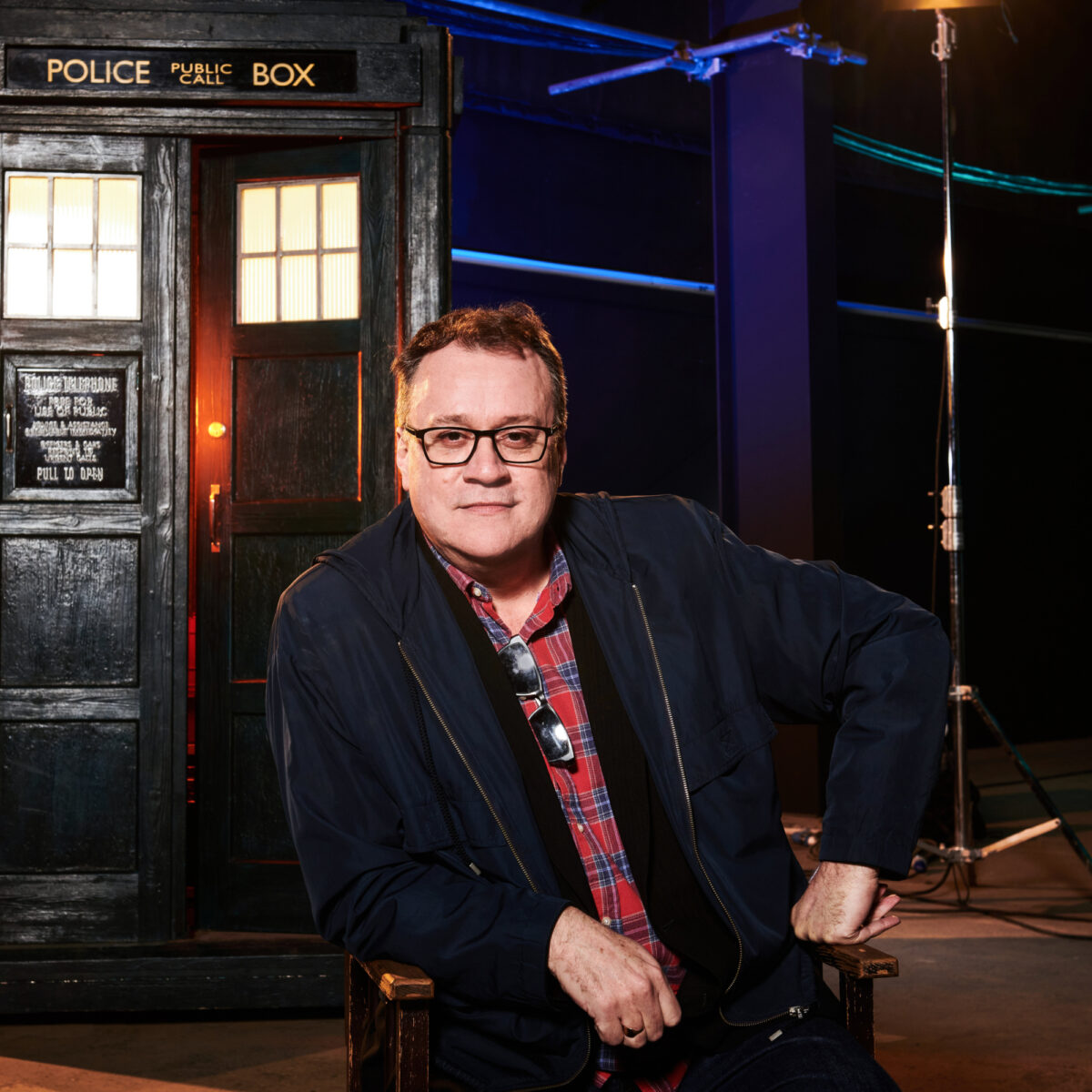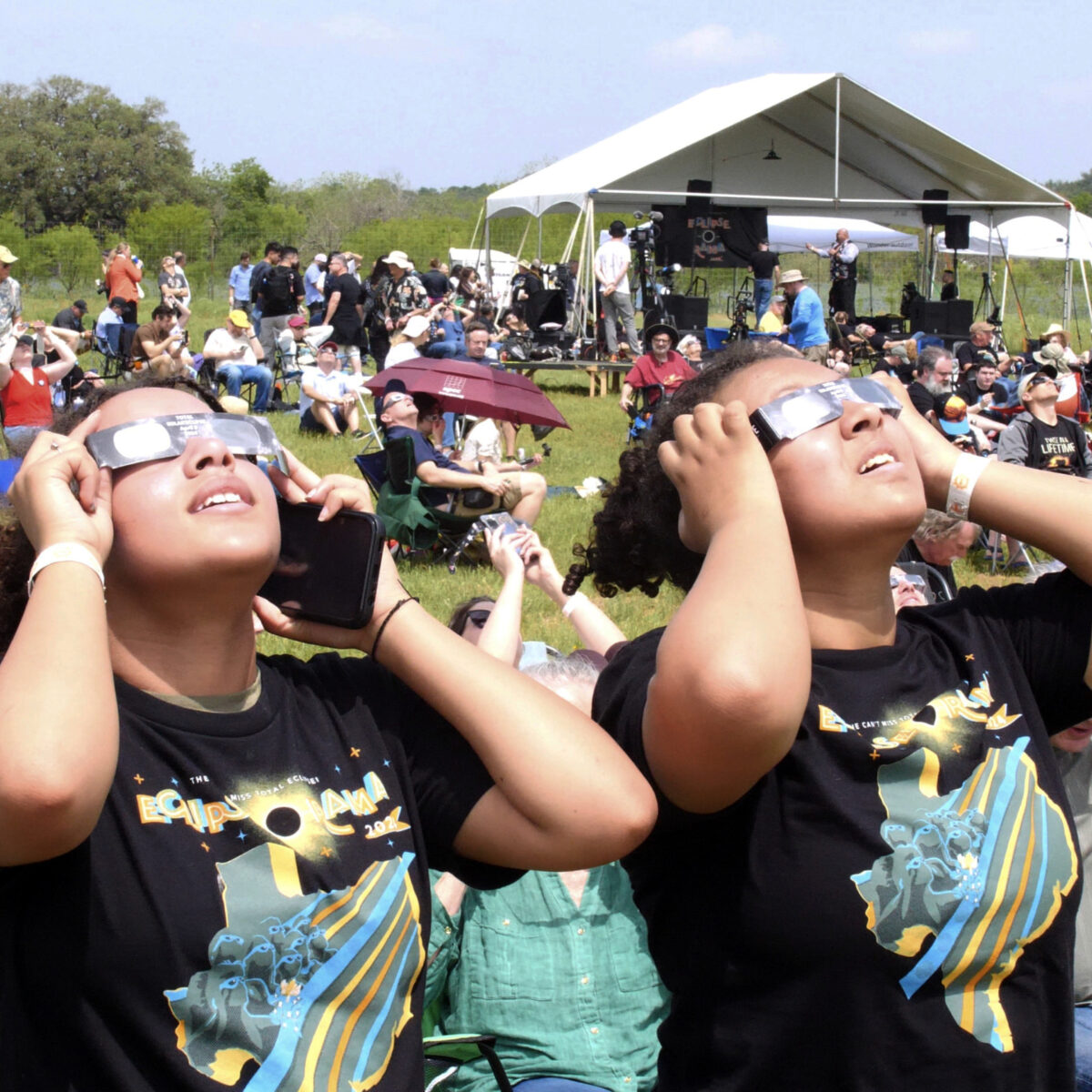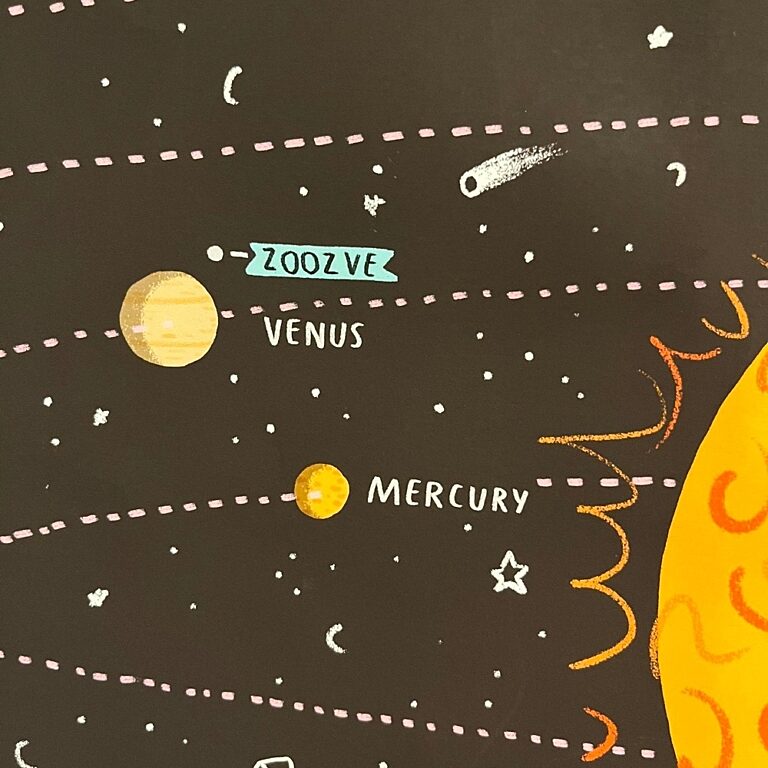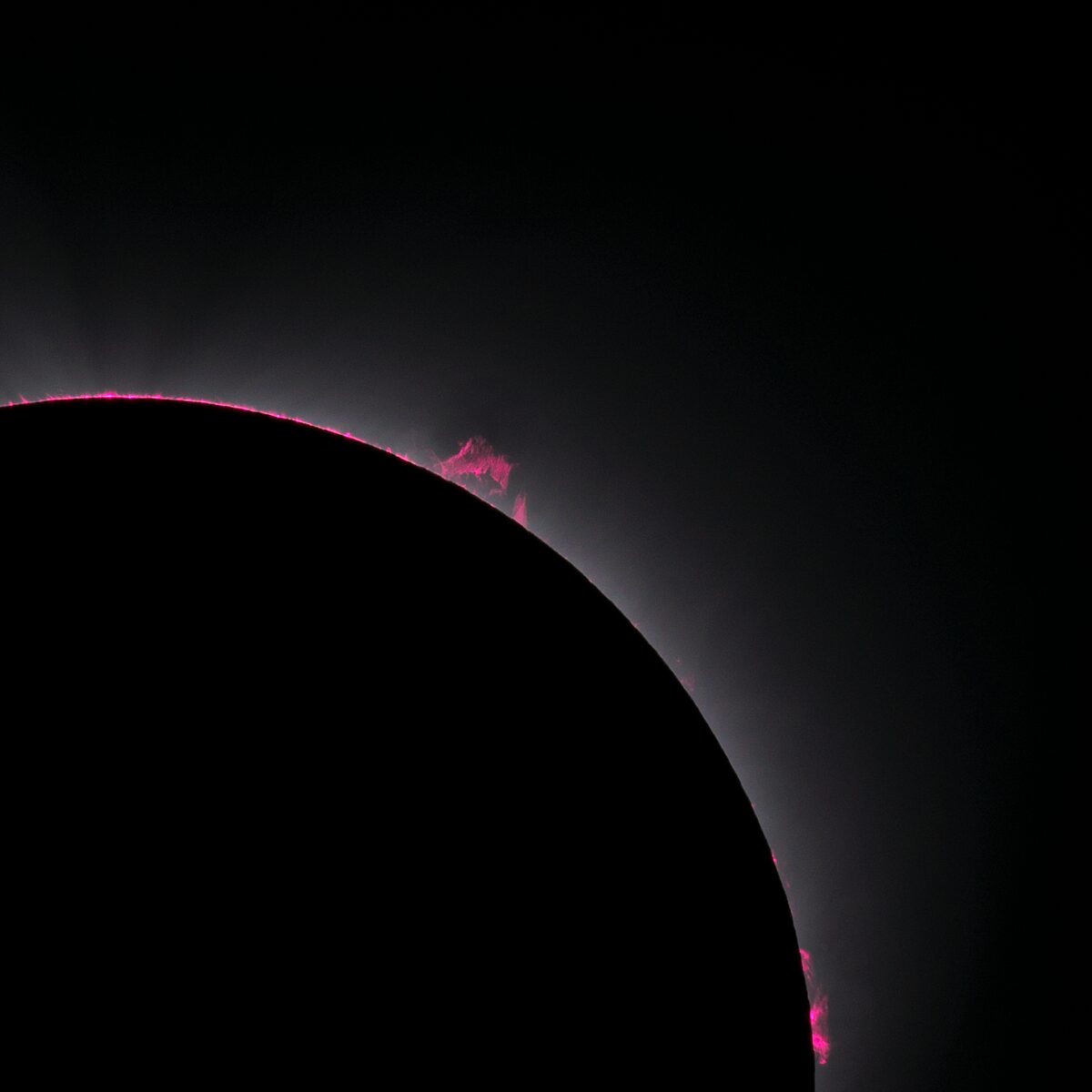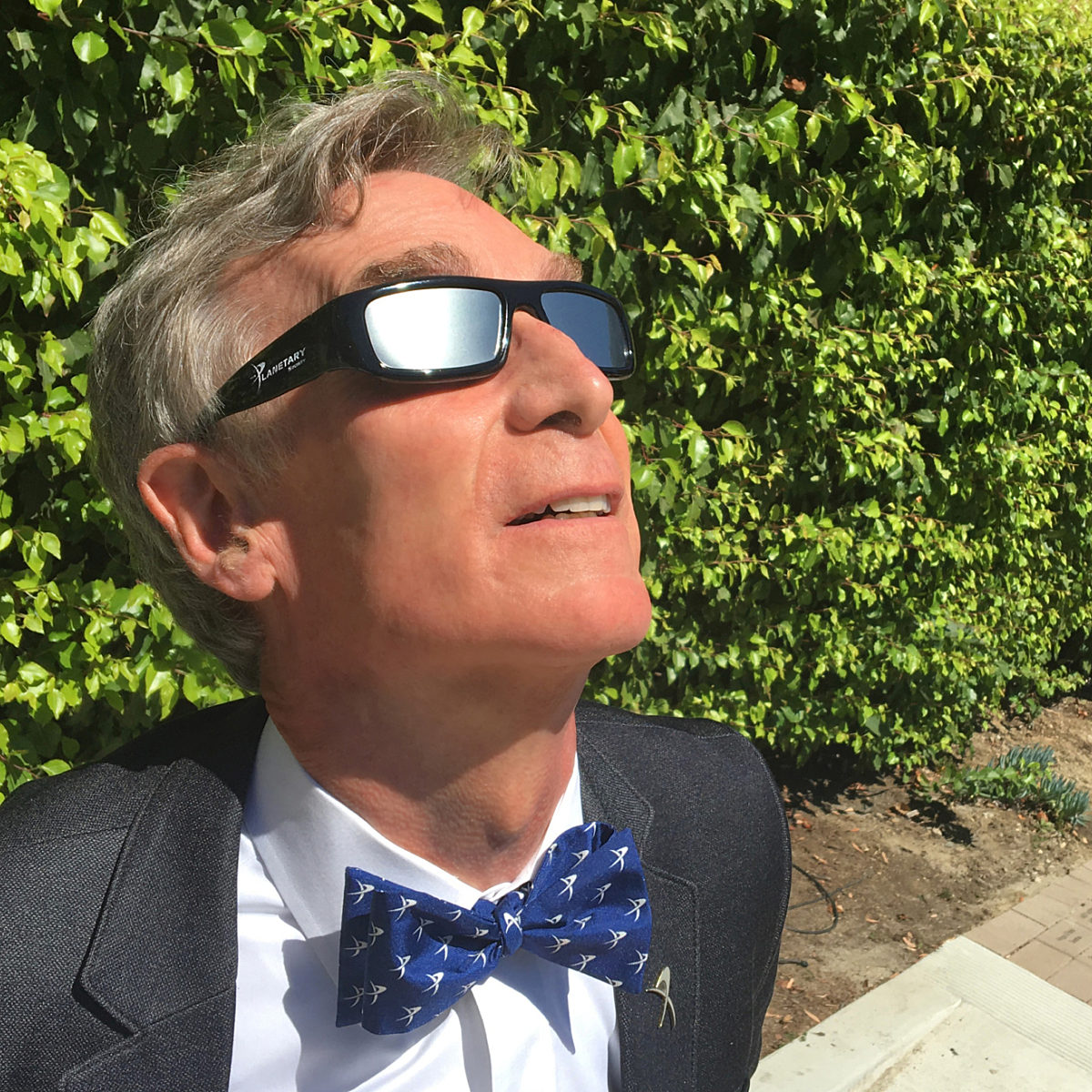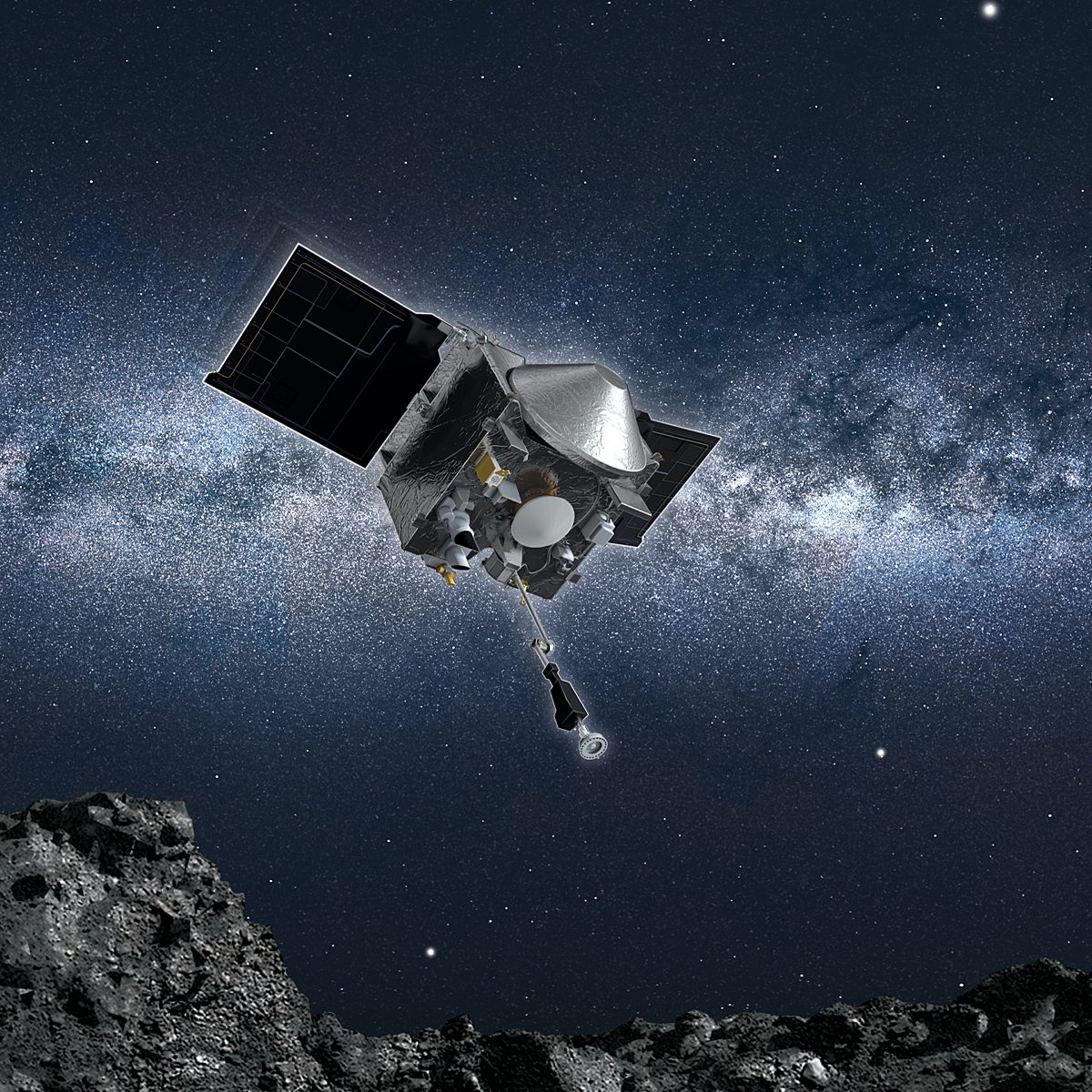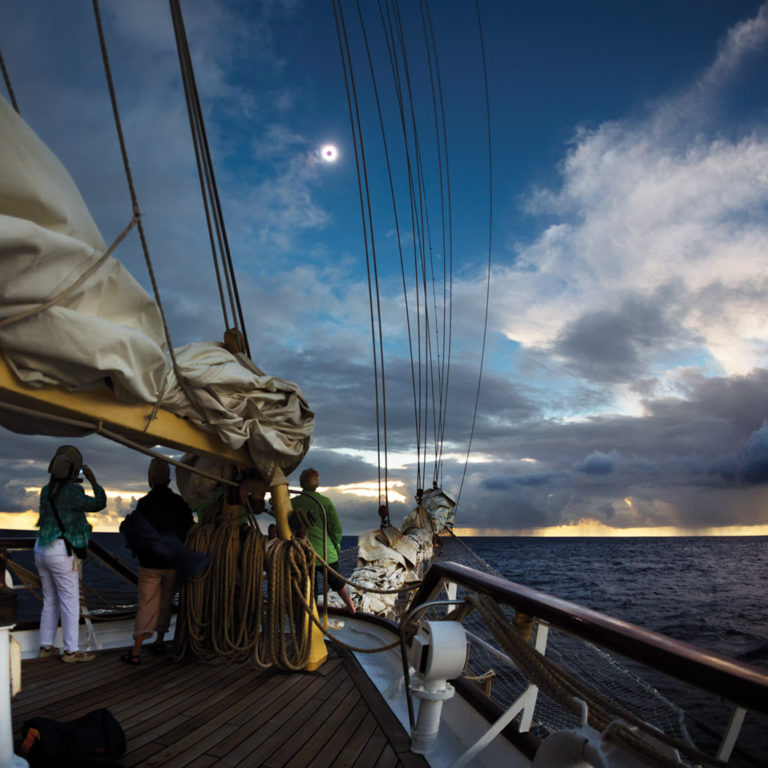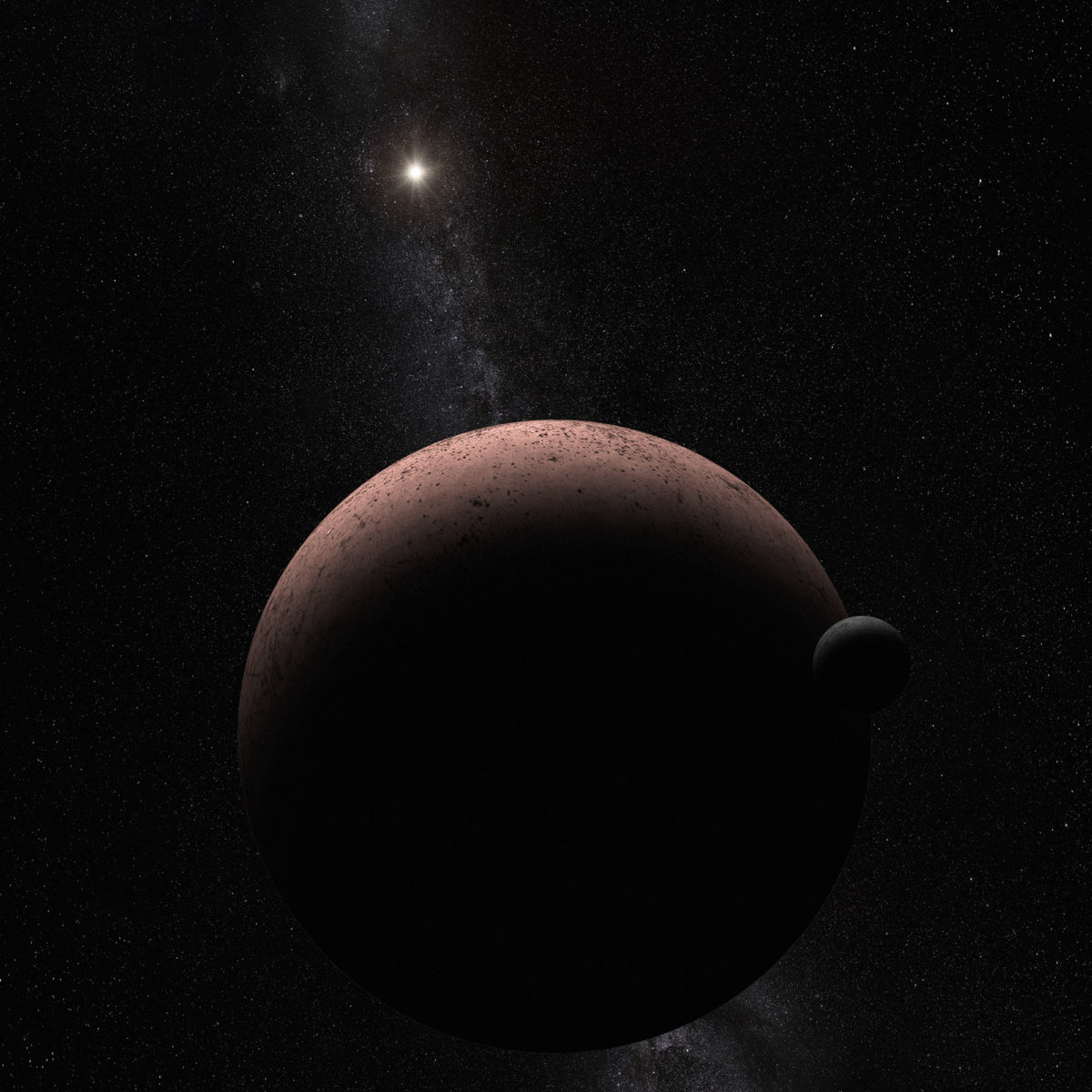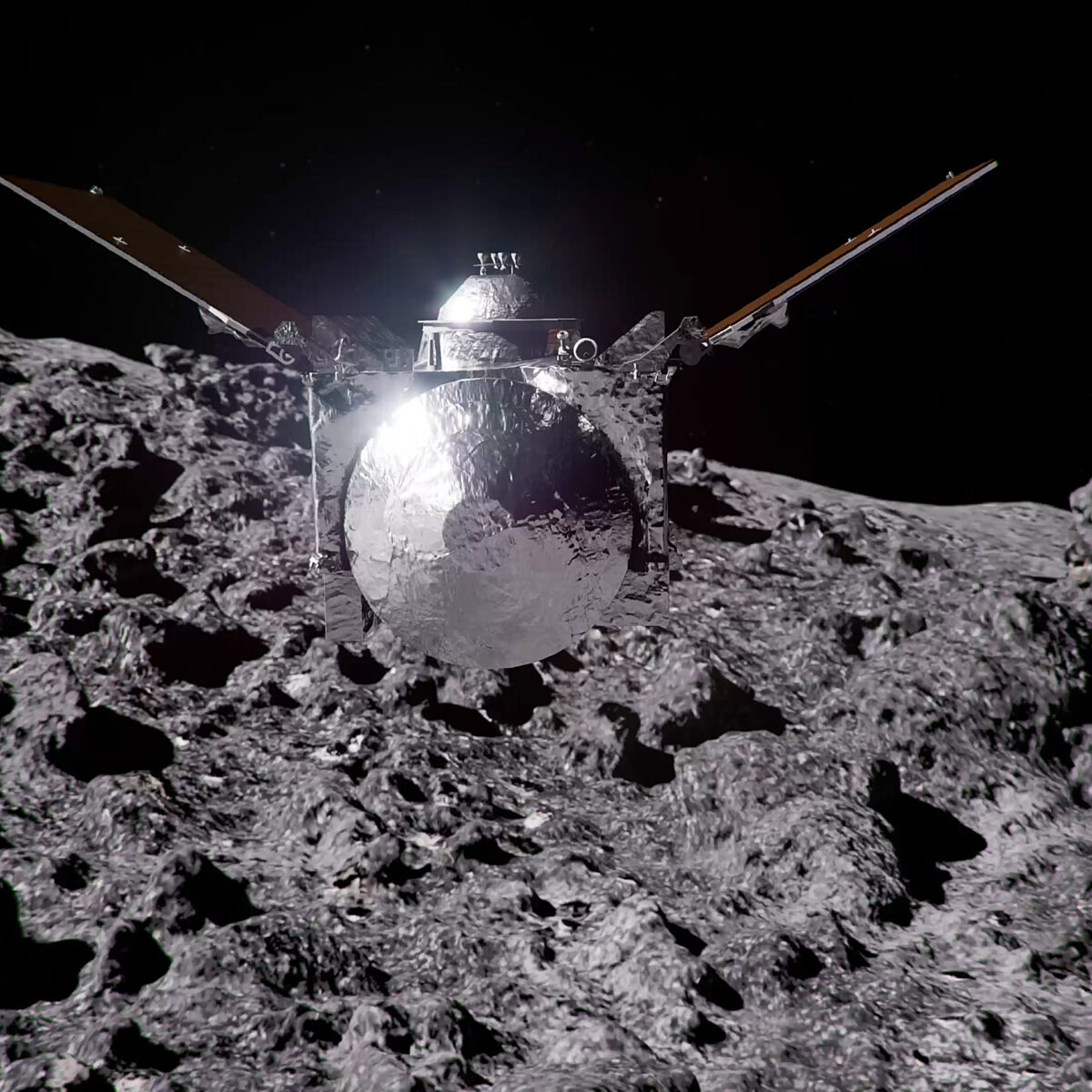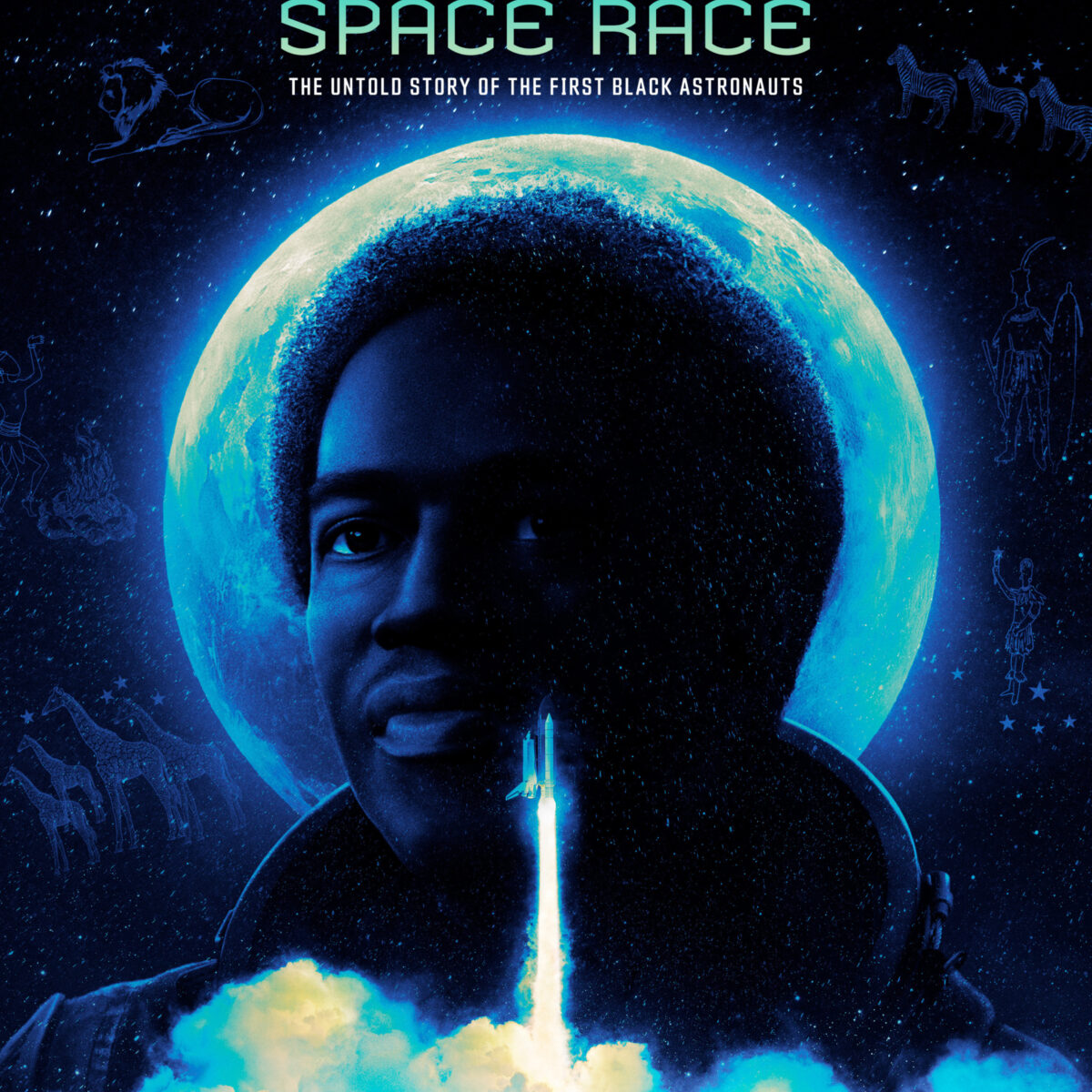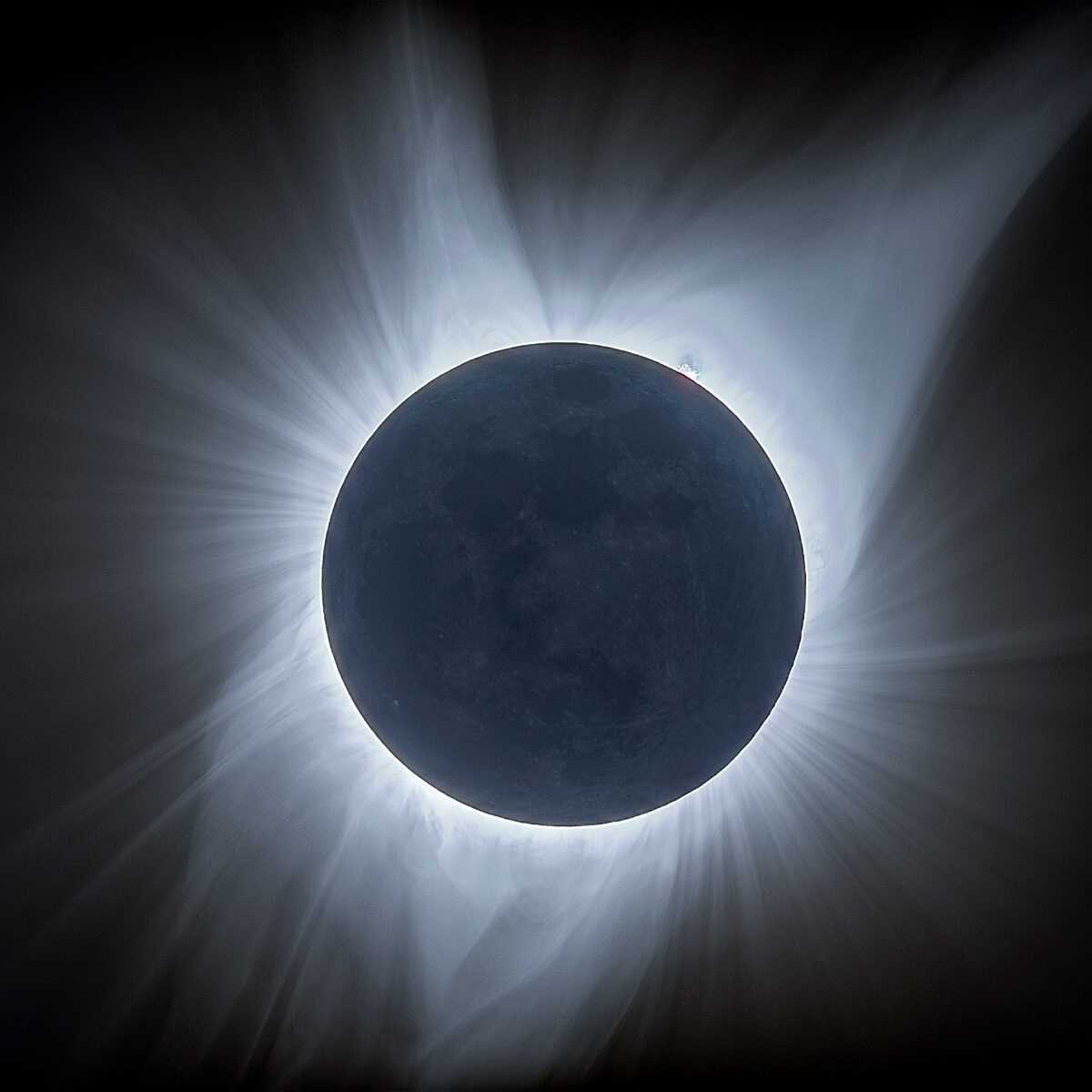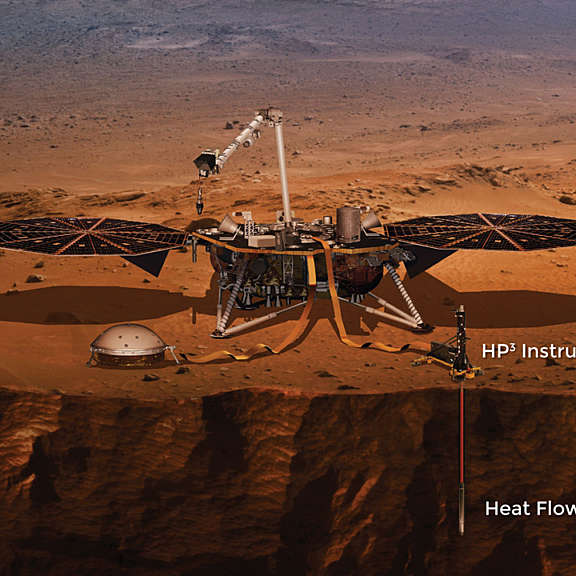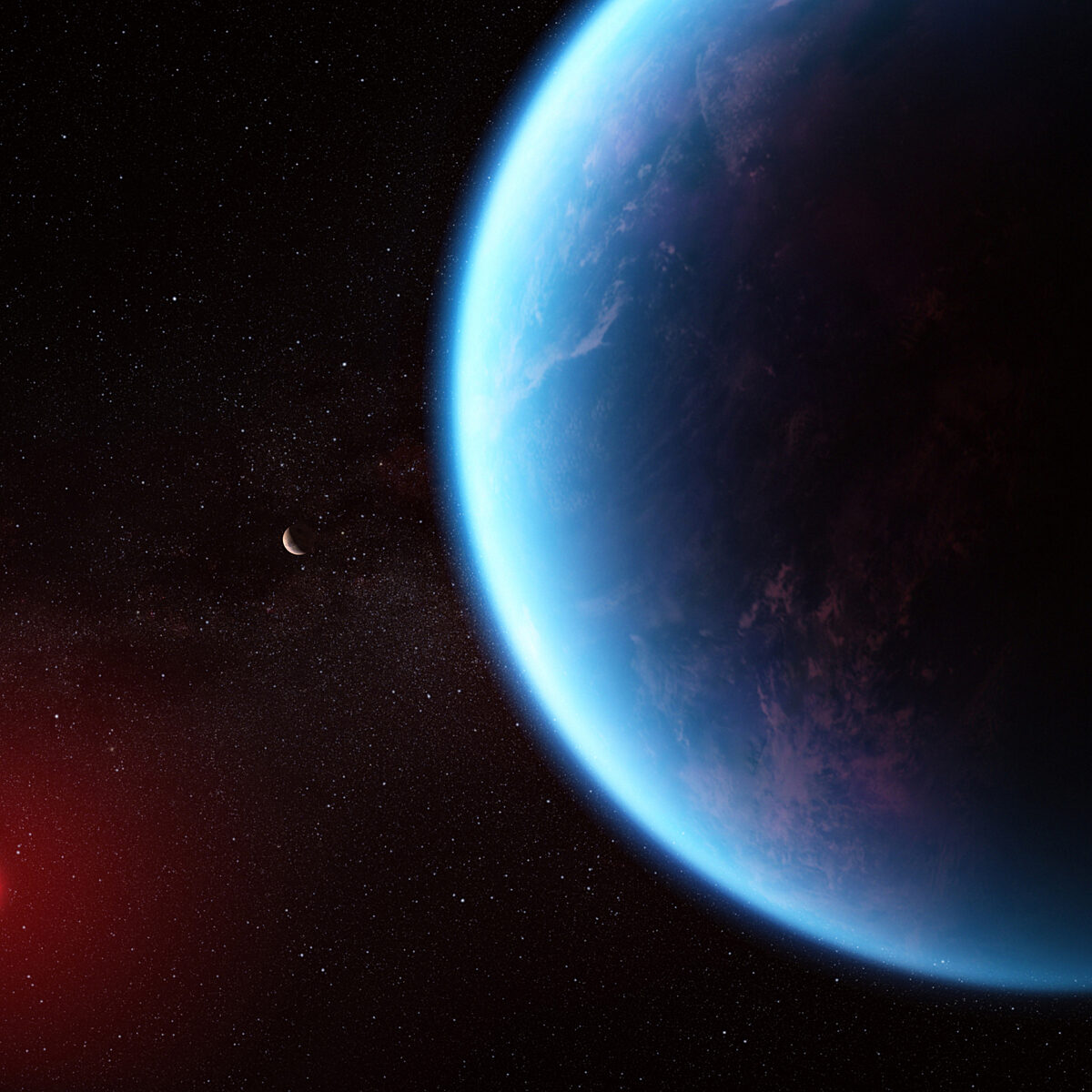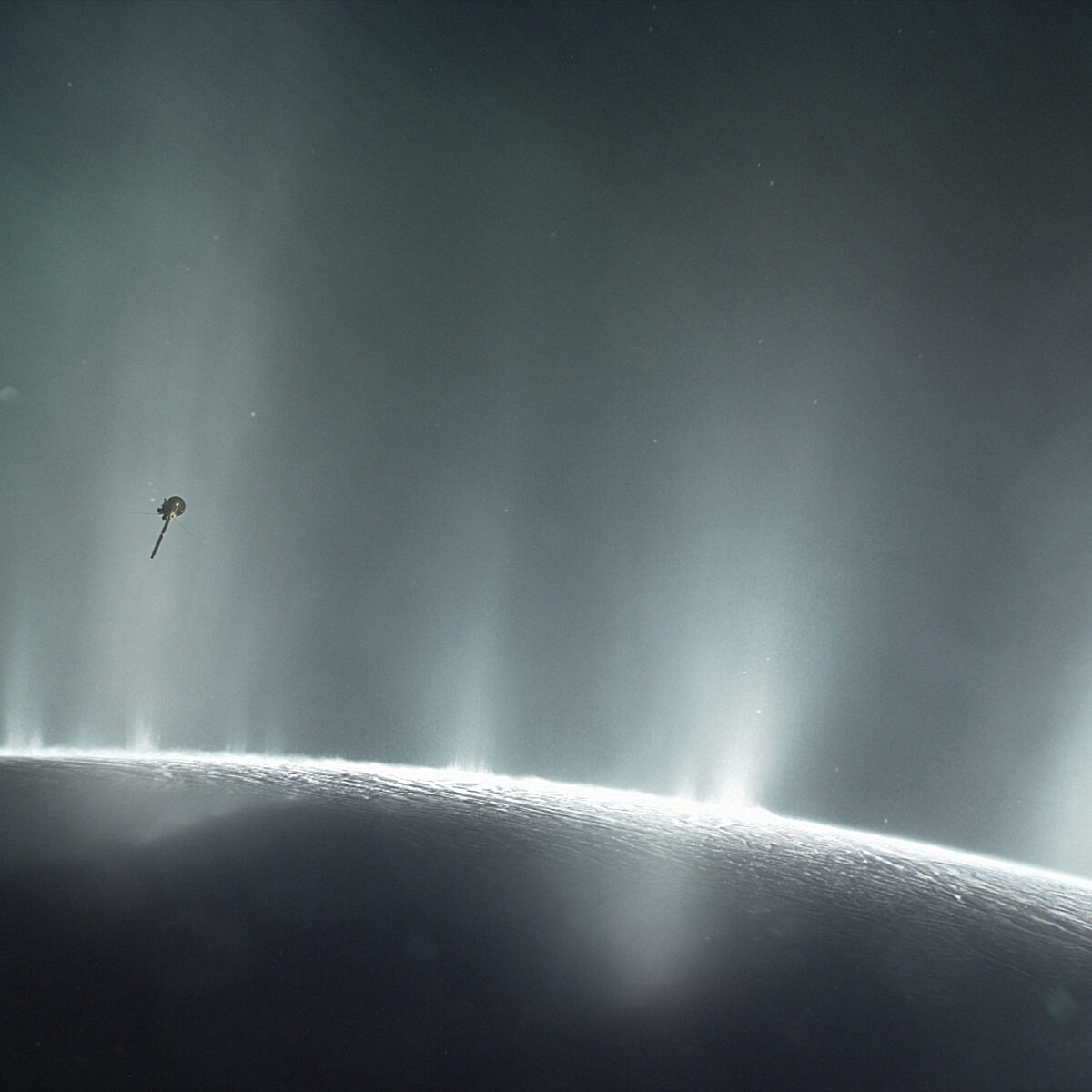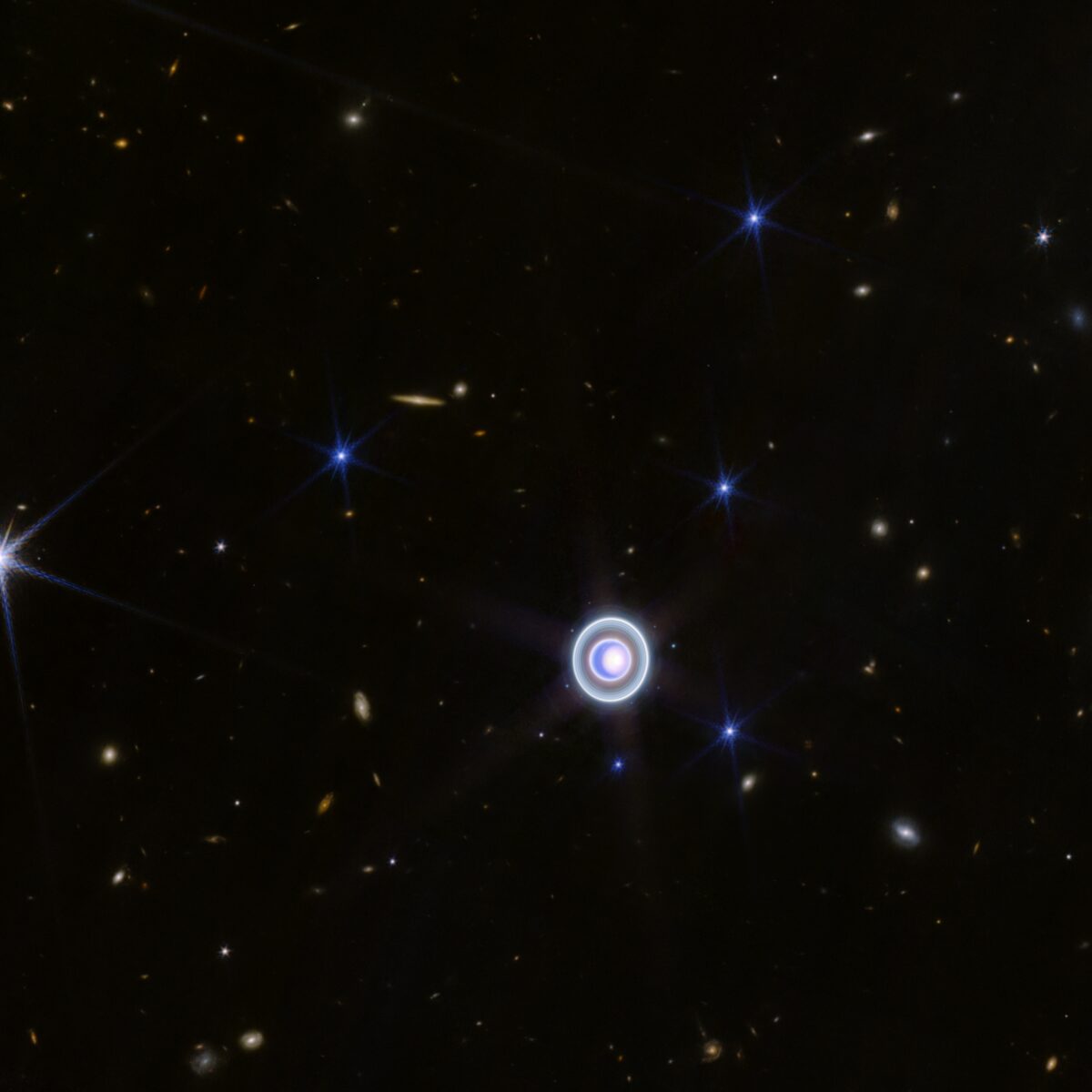Since 2002, Planetary Radio has visited with a scientist, engineer, project manager, advocate, or writer who provides a unique perspective on the quest for knowledge about our Solar System and beyond. The full show archive is available for free.
Search Planetary Radio
We explore how Doctor Who has influenced the scientific community with Russell T. Davies, the past and present showrunner of the iconic science fiction TV series.
Bob Pappalardo, Europa Clipper's project scientist, visits The Planetary Society headquarters in Pasadena, CA, to share the story of the mission's vault plate, humanity's next collection of messages to another world.
This week on Planetary Radio we take a trip to The Planetary Society’s Eclipse-O-Rama festival in Fredericksburg, Texas, where hundreds gathered to witness the April 8 total solar eclipse.
We explore NASA's first tabletop role-playing game with senior multimedia specialist Christina Mitchell and a new way to find water worlds with Amaury Triaud from the University of Birmingham.
This week on Planetary Radio, Latif Nasser, co-host of Radiolab shares the story behind the naming of Zoozve, a quasi-moon of Venus.
Planetary Radio marks its last show before the Apr. 8 total solar eclipse with a look back at discoveries made during totality.
Ron Benner, the President of the American Optometric Association, and astrophotographer Andrew McCarthy give helpful tips for safely observing the upcoming total solar eclipse in North America.
Dante Lauretta, the principal investigator for NASA's OSIRIS-REx mission, joins Planetary Radio to share stories from his new book, The Asteroid Hunter.
Jim Bell, a professor from the School of Earth and Space Exploration at Arizona State University and former president of The Planetary Society's Board of Directors, shares captivating tales from his global eclipse-chasing journeys.
A team co-led by the Southwest Research Institute has made a groundbreaking discovery, revealing evidence of hydrothermal or metamorphic activity on the icy dwarf planets Eris and Makemake in the Kuiper Belt. The lead author of this research, Chris Glein, joins Planetary Radio to explain.
Twenty years after a pioneering collaboration between The Planetary Society, NASA, and LEGO, Planetary Radio reflects on the Red Rover Goes to Mars program and the lives it impacted.
Scott Guzewich, deputy project scientist for NASA’s OSIRIS-APEX mission, joins Planetary Radio to discuss the next steps for the mission as we count down to asteroid Apophis’ flyby of Earth in 2029.
This week on Planetary Radio, we take a peek behind the scenes at National Geographic's new documentary, “The Space Race,” which celebrates the triumphs and struggles of the first African-American space pioneers and astronauts.
Ed Krupp, the director of Griffith Observatory in Los Angeles, shares insights from the fascinating field of archaeoastronomy.
Matt Golombek, project scientist for the Mars Exploration Rover Project, joins Planetary Radio to celebrate the 20th anniversary of the landing of the Spirit and Opportunity rovers on Mars.
We're celebrating lunar missions and the space advocacy that helps make them happen this week on Planetary Radio.
Sabine Stanley, author of the new book "What's Hidden Inside Planets?", discusses some of the amazing things that lie under the surfaces of the worlds in our Solar System.
Knicole Colón, the deputy project scientist for exoplanet science for JWST, joins Planetary Radio to discuss the detection of methane and carbon dioxide in the atmosphere of K2-18 b.
Chris Glein, a lead scientist at the Southwest Research Institute, joins Planetary Radio to talk about the discovery of phosphorus in the oceans of Saturn’s moon Enceladus and the implications for the search for life.
Members of The Planetary Society staff revisit some of 2023's most exhilarating moments and groundbreaking discoveries in space this week on Planetary Radio.


 Explore Worlds
Explore Worlds Find Life
Find Life Defend Earth
Defend Earth


